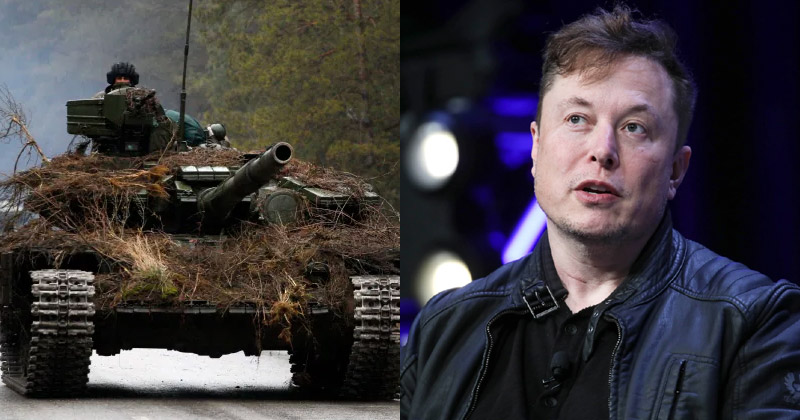Today, the equation surrounding someone like an Elon Musk is uniquely easy. You think of Elon Musk and the next word that comes to your mind, rather the imagery that strikes your mind, is Tesla.
Elon Musk has, quite simply, done with Tesla what a Michael Jordan did to the sport of Basketball, what Enzo Ferrari did to Ferrari and what, Nelson Mandela did to end Apartheid.
Unfathomable effort and whirlwind success! Right?
But while much of the world understands Elon Musk’s Tesla concept as being high-tech electric cars that are easily beyond the reach of many an individual’s wallet, what many don’t know is that making expensive, high utility cars wasn’t the only plan that the belligerent entrepreneur had.
For quite some time now, Elon Musk had been focusing on making low-cost, affordable electric cars. It has been his long-term dream to roll out affordable EVs that the world can drive; cars that aren’t beyond the reach of the common man.
But as it turns out, this dream of the high flying, big thinking entrepreneur has been dented and to a good extent thanks to the Russian war over Ukraine.
Now, to many of us this may not sound comprehensible. How come a war involving two countries- Russia and Ukraine- has proven to be a dashing of hopes for someone like Elon Musk.
Well, there’s plausible reason for it. Here’s what we need to know.
Certain raw materials are necessarily required for making low-cost, affordable EVs. Now, with the deplorable war that has led to a bloodbath in Europe, the costs associated with importing the raw materials are bound to go up.
In essence, the rising raw material costs will certainly hamper Elon Musk’s plans and could, inevitably lead to several delays before his ‘dream-for-all’ EV project could take ground.
What we need to understand here is that the raw materials that are a must in making of the EVs include- Nickel, Lithium besides the other EV parts. The rising cost of these materials is likely to reverse the process of (long term trend of) falling costs of batteries.
The batteries, of course, are the most expensive component that goes into making an electric car.
Meanwhile, here’s what an article published on Zee News had to elaborate on with respect to the constant skirmish caused by Putin-bound Russia’s aggression over Ukraine and its effect on billionaire innovators like Musk:
The supply chain is already snarled by the COVID-19 pandemic and the global chip shortage. “Rising raw material prices certainly have the potential to delay the timeline on cost parity between EV and ICE vehicles, which could hamper the wider adoption of EVs,” Miller said, referring to internal-combustion engine vehicles that dominate the market.
The conflict in Ukraine has only raised the stakes, pushing nickel prices to an 11-year-high on fears that exports from leading producer Russia could be disrupted. Lithium prices also have increased, more than doubling since year end, as supply fell short of rising demand. Russia produces about 7% of the world`s mined nickel.
That being told, it’s common knowledge that a country like Russia is a large-scale producer of elements like Aluminium and Paladium. For now, the EV industry has already been sapped by rising EV costs by mainstream players such as Tesla. Why the low-cost EVs would’ve mattered and eventually will is down to the fact that the consumers that haven’t yet fully embraced the EV concept are less likely to embrace the high-tech gadgetry and premium technology that is currently on offer.


